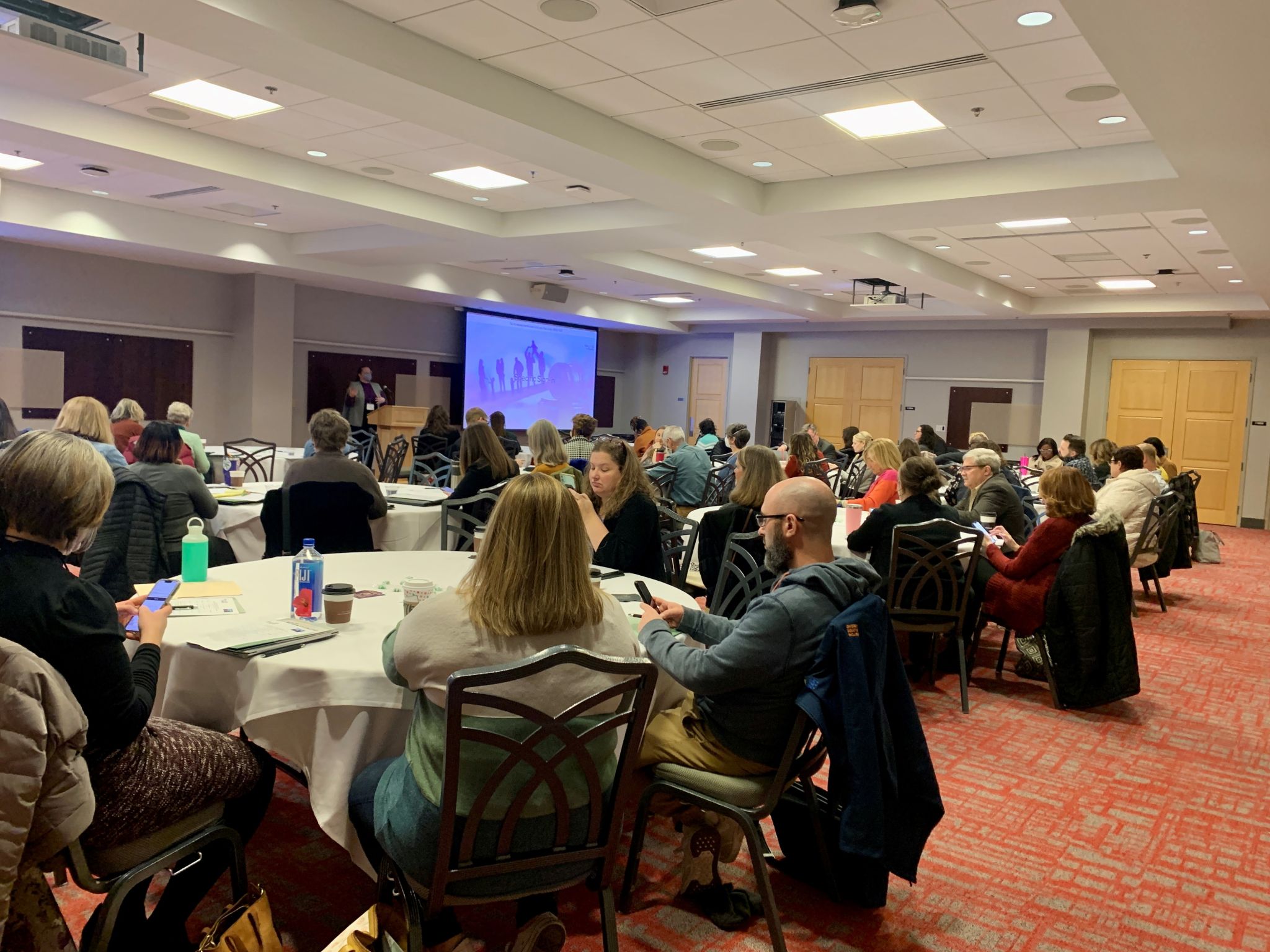Thank you for attending the KinFirst Courtrooms Convening
The Second Annual KinFirst Courtrooms Convening was held on January 11th in Columbus. Kinnect appreciates the support and engagement from all who were able to attend and make the event a great success!
As we know, research shows that children in kinship care generally have better mental and physical health, fewer behavior problems, higher levels of competence, more satisfaction with placement, and better outcomes as adults. Because legal challenges were among the top 3 barriers identified by Kinnect to Family Team members, Kinnect launched the KinFirst Courtrooms effort in January 2023 and developed a library of resources that are available above for review and use. Check out the library and check back to learn about an opportunity to attend the Third Annual KinFirst Courtrooms Convening in January 2025!
The Importance of Kinship
All children have caring and capable kin who are willing to support them when needed. These unique attachments are critical to a child's connection to their culture, community and family. Emphasizing a child’s connections while ensuring safety, rather than solely prioritizing timeframes in efforts to achieve permanency, is critical. By statute, Ohio agencies must work with the family to explore relative options and conduct assessments to determine their willingness and ability to care for the child. This strengthens and preserves families, prevents future maltreatment, and significantly improves a child’s foster care experience.
Barriers to kinship can happen in the judicial process when the child welfare system focuses on meeting the system’s needs and not on the youth or family's needs. This Kin-First Courtrooms effort seeks to leverage champions in the judicial community to help by providing a resource library, training, and peer support opportunities. The effort kicked off with a convening on January 11, 2022 in Columbus. Read about it.

Join us in this work!
Sign up here to receive e-mail updates about this project and even join a committee if you'd like. If you have any questions, please contact Alyse Almadani at alyse.almadani@kinnectohio.org.
.
